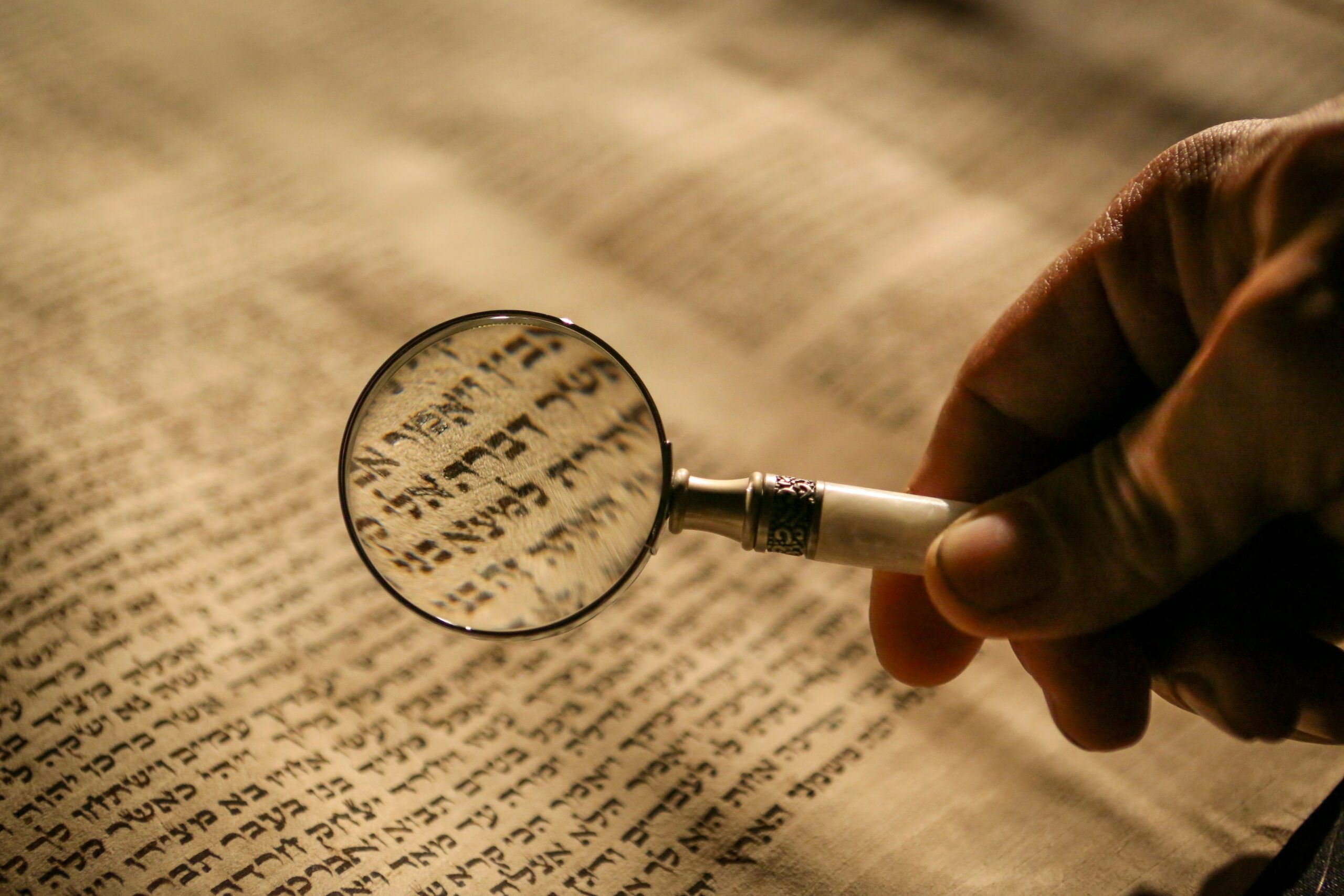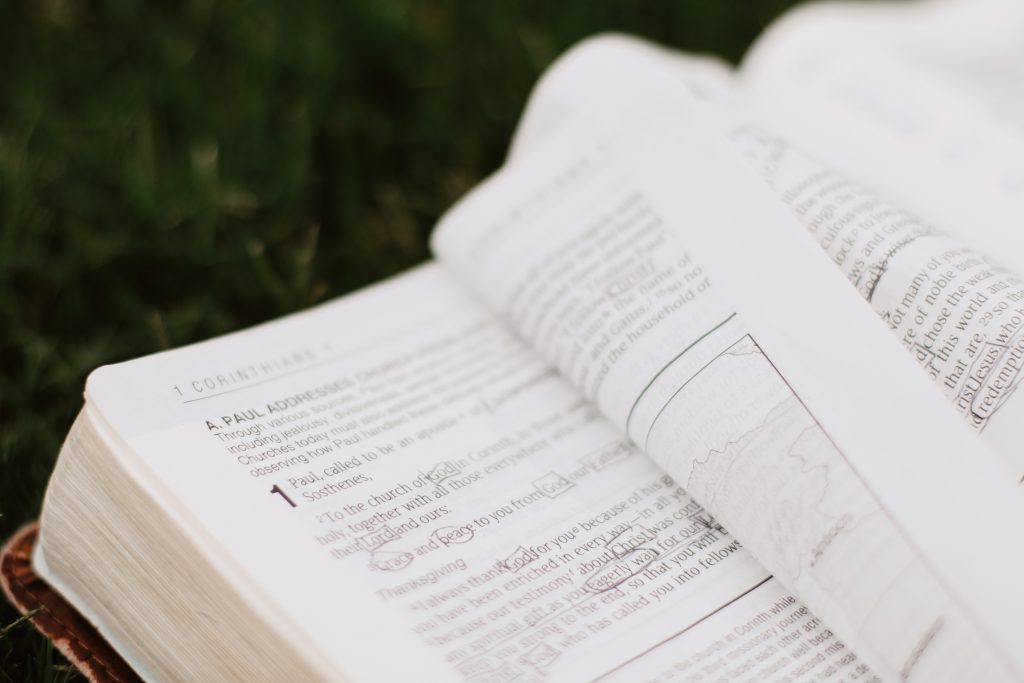
Introduction | Song 1, Part 1 | Song 1, Part 2 | Song 2, Part 1
God responds to the Servant’s “complaint” in Isaiah 49.4 by laying out the cosmic scope of his mission and the certainty of God’s empowerment and his eventual success. These frustrations, he says, are but temporary and inconsequential.
He begins by saying that it is of no consequence that the Servant has not yet achieved his mission (Is 49.5); he has been designed from the womb to bring Jacob / Israel back into fellowship with God, and though that has not yet happened, It certainly will: the Servant will be glorious in God’s eyes, and God will be his strength; omnipotence guarantees his success.
So it will happen (Is 49.6); since God has been keeping Israel for himself, the nation is still around for the Servant to rescue. This use of the word preserved here is an example of a “divine passive”; God isn’t said to be the one who has preserved Israel, but it clearly isn’t the Servant who has done it, and no one other than God could be the one accomplishing it.
But God doesn’t stop with mere assurance; he explodes the horizon by taking the Servant’s success from the national to the cosmic. The Servant will bring light even to the Gentiles, and salvation “to the end of the earth.” He’s talking about the “coastlands” from the first Servant Song. The Servant’s work will enlighten the farthest peoples—in New Testament phrasing, “every kindred, tongue, people, and nation” (Re 5.9, 14.6). And this extensive work will not merely “enlighten”; it will save.
This level of success will of course reverse the current apparent misfortunes of the Servant. The God who has redeemed—purchased—Israel as has no other (he is Israel’s “Holy One”) will exalt this Servant, who is despised by nation and individual alike, to the point where kings and princes will bow down and worship (Is 49.7). This may mean simply that they will worship God for his deliverance of Israel and the Gentiles. But contextually it may be saying that the princes will worship the Servant.
Now this is a remarkable statement, given that God himself has said repeatedly that only he may be worshiped (Ex 20.3-5; 23.24; 34.14; Dt 5.9; 6.13). This same God will take a despised person to the point where earthly royalty will worship him.
Is this contradictory? I would rule out that possibly outright.
This Servant is clearly worthy of worship, though he doesn’t appear to be at the moment. He’s not Isaiah. He’s not the nation of Israel. He is God, distinct in some way from God the present speaker, and disguised in some way from human eyes.
For this Testament, a conundrum. But for those of us who benefit from New Testament revelation, a Second Person of the Godhead.
Yahweh, the uniquely faithful one, the uniquely unchanging one, will raise his Servant to that height, and why? Because “he shall choose thee.”
What a poignant statement, particularly in light of the Servant’s frustration as expressed in verse 4.
This section continues, I think, nearly to the end of the Song at verse 13. But there seems to be a bit of a turning point here, as God begins to point the Servant’s attention to the successful outcome of his mission, to the joyous future of those whom he is liberating.
We’ll look to that subsection in the next post.
Photo by Mick Haupt on Unsplash
Song 3 | Song 4, Part 1 | Song 4, Part 2 | Song 4, Part 3 | Song 4, Part 4 | Song 4, Part 5



